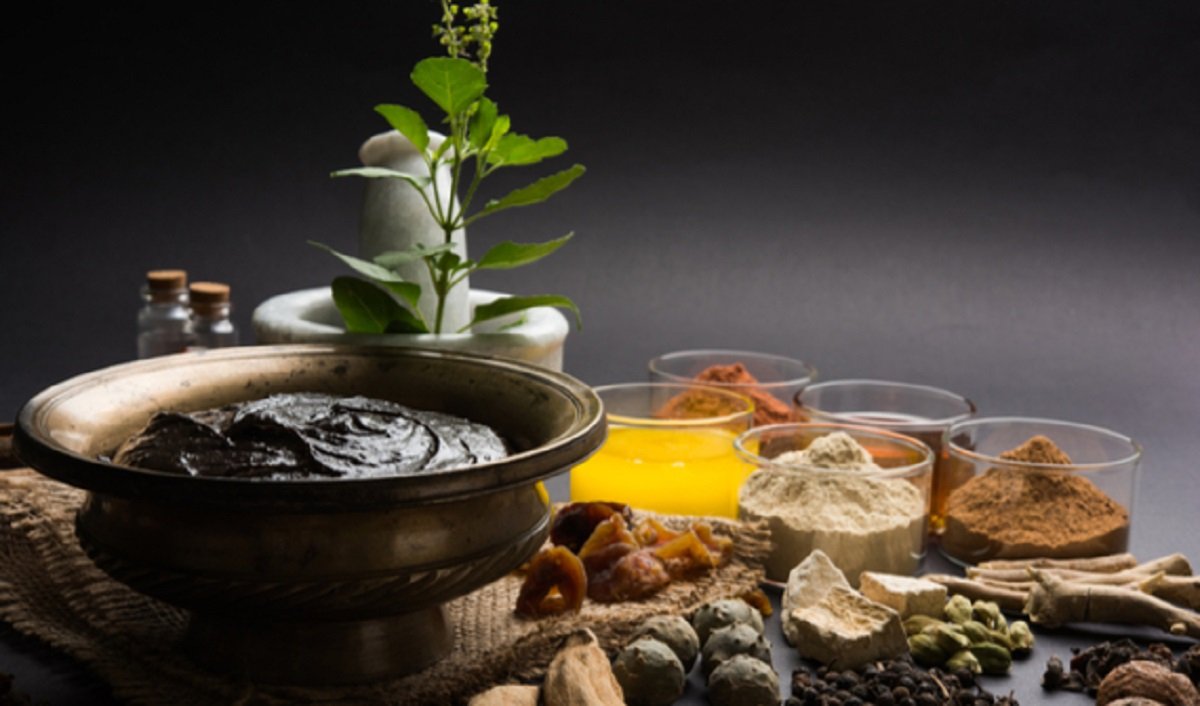New Delhi, 24 September, 2025: Every year, World Ayurveda Day is observed with the aim of spreading awareness about India’s ancient system of holistic medicine—Ayurveda—and its role in promoting preventive healthcare, natural remedies, and sustainable living. In 2025, the day carries renewed importance as the world continues to battle lifestyle diseases, stress-related disorders, and chronic conditions where Ayurveda can play a transformative role.
When is World Ayurveda Day 2025 Celebrated?
World Ayurveda Day is observed on October 23, 2025, which coincides with Dhanvantari Jayanti—the birthday of Lord Dhanvantari, revered as the divine physician in Hindu tradition and considered the “God of Ayurveda.”
This alignment is symbolic, as Lord Dhanvantari represents health, well-being, and the eternal wisdom of Ayurveda that dates back more than 5,000 years.
The Theme for World Ayurveda Day 2025
Each year, World Ayurveda Day is observed with a unique theme that highlights contemporary health challenges. While the official 2025 theme is expected to focus on “Ayurveda for Preventive Health and Global Wellness”, the larger idea remains to integrate Ayurveda into mainstream health practices across the globe.
This resonates strongly in today’s times, when stress, pollution, lifestyle diseases, and poor nutrition are creating widespread health burdens. Ayurveda, with its holistic philosophy, offers time-tested ways to restore balance between body, mind, and spirit.
Ayurveda: India’s Gift to Global Health
Ayurveda is not just about herbal remedies—it is a comprehensive system of health and wellness. Its approach is preventive, promotive, and curative. Some of its core principles include:
- Doshas (Vata, Pitta, Kapha): Understanding the body’s constitution to personalize diet and lifestyle.
- Dinacharya (Daily Routine): Emphasizing the importance of morning rituals, balanced meals, and sleep.
- Ritucharya (Seasonal Regimen): Adjusting habits and diet according to seasonal changes.
- Ahara (Diet) & Vihara (Lifestyle): Food as medicine and lifestyle as a foundation for long life.
- Oushadhi (Medicines): Herbal formulations and natural remedies for various conditions.
- Yoga & Meditation: Integral practices for mental and spiritual well-being.
Globally, Ayurveda is gaining traction as people seek natural, side-effect-free, and sustainable alternatives to modern medicine.
Significance of World Ayurveda Day 2025
World Ayurveda Day is not just symbolic—it has practical objectives:
- Creating Awareness: Educating people about the benefits of Ayurveda in daily life.
- Encouraging Research: Supporting scientific studies on Ayurvedic treatments for chronic and lifestyle diseases.
- Integration with Modern Healthcare: Promoting integrative medicine that combines Ayurveda with evidence-based modern medicine.
- Global Reach: Expanding Ayurveda’s acceptance in countries beyond India.
- Youth Engagement: Encouraging young generations to adopt Ayurvedic practices in diet, fitness, and wellness.
Ayurveda and Lifestyle Diseases
Modern lifestyles have given rise to obesity, diabetes, hypertension, heart disease, anxiety, and insomnia. Ayurveda addresses these by focusing on root causes rather than just symptoms.
For example:
- Diabetes: Ayurveda prescribes bitter herbs, dietary moderation, and yoga.
- Obesity: Detox therapies (Panchakarma), balanced meals, and mindful eating are emphasized.
- Stress & Anxiety: Meditation, Shirodhara, and calming herbs like Ashwagandha are recommended.
- Joint Pain/Arthritis: Ayurvedic oils, therapies, and anti-inflammatory herbs like turmeric provide relief.
The Role of Ayurveda in Preventive Health
Ayurveda’s strength lies in prevention. By encouraging individuals to align their daily routines with nature’s rhythms, it helps maintain balance before disease strikes.
Some preventive measures include:
- Drinking warm water to improve digestion.
- Practicing yoga and pranayama daily.
- Eating seasonal, local foods.
- Using spices like turmeric, cumin, and ginger for immunity.
- Oil pulling and herbal oral care for dental health.
Global Recognition of Ayurveda
Today, Ayurveda is recognized in many countries, with wellness resorts, herbal product exports, and research collaborations expanding rapidly.
- Countries like the USA, Germany, Japan, and Australia have growing Ayurvedic markets.
- The World Health Organization (WHO) has acknowledged traditional medicine, including Ayurveda, as a valuable contributor to global health.
- Universities and research centers are increasingly exploring Ayurvedic therapies for chronic diseases.
Ayurveda in the Modern Age: Bridging Ancient Wisdom with Science
While Ayurveda is rooted in tradition, the modern era demands scientific validation. Efforts are ongoing to conduct clinical trials, document case studies, and publish peer-reviewed research on Ayurvedic interventions.
Integration is also happening in Indian hospitals, where Ayurvedic therapies are offered alongside allopathic treatments for conditions like arthritis, diabetes, and post-surgical recovery.
How to Celebrate World Ayurveda Day 2025
On World Ayurveda Day, institutions, governments, and wellness organizations conduct seminars, health camps, awareness drives, and yoga sessions. But individuals can also celebrate in simple ways:
- Start the day with yoga and pranayama.
- Cook a seasonal Ayurvedic meal.
- Replace processed snacks with nuts, fruits, and herbal teas.
- Try a detox routine like warm water with lemon and honey.
- Read about Ayurvedic lifestyle practices and incorporate one new habit.
Ayurveda and the Future of Healthcare
As the world seeks more sustainable, holistic, and cost-effective healthcare solutions, Ayurveda’s role is set to grow. The Ayush sector in India is already booming, with herbal products, dietary supplements, and wellness services becoming mainstream.
Ayurveda is no longer just an alternative—it is being positioned as a complementary healthcare system that can work hand-in-hand with modern medicine to fight global health challenges.
World Ayurveda Day 2025 is more than a celebration of tradition—it is a call to embrace a balanced, holistic lifestyle. In a time when modern medicine alone cannot tackle rising lifestyle diseases, Ayurveda offers practical, time-tested wisdom.
As Dr. Dhanvantari’s legacy continues to inspire, this day reminds us that health is not merely the absence of disease but a state of complete balance—something Ayurveda has championed for thousands of years.
By integrating its principles into modern life, the world can move closer to a healthier, more harmonious future.







